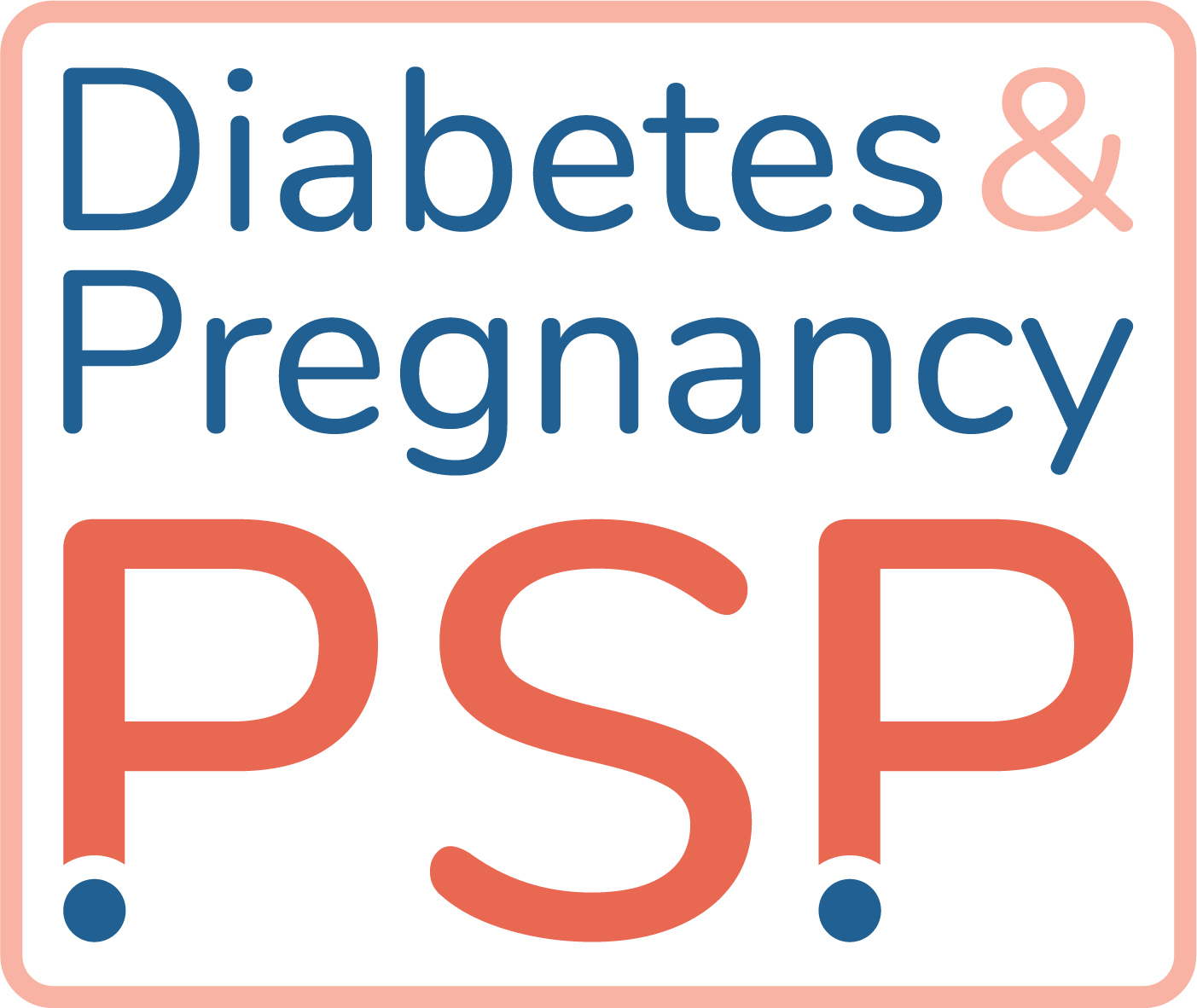Diabetes and Pregnancy

About this PSP
The Diabetes and Pregnancy PSP was established in 2019 by the NPEU, University of Oxford to identify areas for research to improve the health and wellbeing of mothers, babies and families affected by diabetes in pregnancy. The work included women with pre-existing diabetes of any type and subtype, as well as gestational diabetes.
The PSP was funded by the Diabetes Research & Wellness Foundation (SCA/PP/12/19) and the Nuffield Department of Population Health and John Fell Fund, University of Oxford.
The initial question-gathering survey for this PSP opened in June 2019.
The Diabetes and Pregnancy PSP Top 10 was published in November 2020.

See news from this PSP: November 2020
The two videos below were created for the Diabetes and Pregnancy PSP priority setting workshop. One explains the background to the PSP for workshop participants, the other explains the JLA and what to expect during the workshop.
Top 10 priorities
- How can diabetes technology be used to improve pregnancy, birth, and mother and child health outcomes?
- What is the best test to diagnose diabetes in pregnant women?
- For women with diabetes, what is the best way to manage blood sugar levels using diet and lifestyle during pregnancy?
- What are the emotional and mental well-being needs of women with diabetes before, during, and after pregnancy, and how can they best be supported?
- When is it safe for pregnant women with diabetes to give birth at full term compared with early delivery via induction or elective caesarean?
- What are the specific postnatal care and support needs of women with diabetes and their infants?
- What is the best way to test for and treat diabetes in late pregnancy, i.e. after 34 weeks?
- What is the best way to reduce the risk or prevent women with gestational diabetes developing other types of diabetes any time after pregnancy?
- What are the labour and birth experiences of women with diabetes, and how can their choices and shared decision making be enhanced?
- How can care and services be improved for women with diabetes who are planning pregnancy?
The following questions were also discussed and put in order of priority at the workshop:
- What are the long-term effects on the child (apart from risk of diabetes) due to the mother having diabetes during pregnancy?
- Does diabetes in the mother affect the short and long-term risk of the child (and future generations) developing diabetes and can it be prevented?
- How can remote clinics (telemedicine) be used to improve care for pregnant women with diabetes?
- How can a woman with diabetes best prepare for pregnancy? For example blood sugar level targets, nutrition.
- In women with diabetes, what is the best way to manage their blood sugar levels during labour and delivery?
- Why do standards and advice for pregnant women with diabetes vary across NHS Trusts?
- Does testing all pregnant women for gestational diabetes improve pregnancy outcomes?
- Is it always necessary for pregnant women with diabetes to be induced?